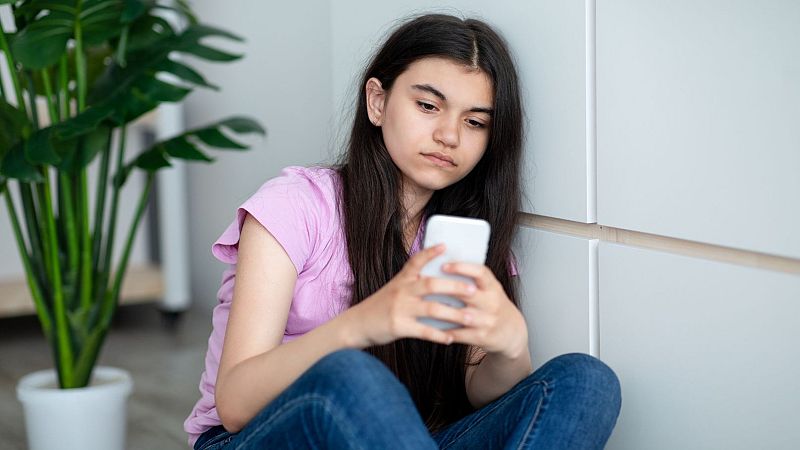
One in five young people in Spain say fake nude images of them have been created using artificial intelligence (AI) and spread online without their consent when they were still minors.
This is revealed in a new study by Save the Children, which also points out that 97 per cent of those surveyed experienced some form of sexual abuse online before the age of 18.
The report, produced in collaboration with the European Digital Transition Partnership, is based on a survey of more than 1,000 young people aged 18-21 between March and April this year.
Through this research, Save the Children aims to highlight the extent of online sexual violence suffered by children and adolescents in Spain, as well as the emerging role of technology as a tool for abuse.
According to the report, most young people have not experienced abusive behaviour online, but they have also had contact with adults for sexual purposes on social networks, video games, or streaming services. Girls are at higher risk.
In addition, a significant proportion of respondents reported being pressured to send intimate images and, in some cases, being threatened or blackmailed.
Save the Children warned that these forms of violence are not always visible.
"These figures represent only the tip of the iceberg, as most cases go unreported due to underreporting and difficulties in detecting them, especially in the digital environment," said Catalina Perazzo, the organisation's director of influence and territorial development.
Many young people do not think sharing intimate images is risky
One of the recent cases illustrating this problem occurred in Alicante, where a 12-year-old girl was threatened with the publication of AI-generated nude images of her if she did not forward a sex video she had received.
According to a Save the Children educator who dealt with the case, the girl had not previously shared intimate content, but still felt responsible for the situation.
The research also highlights the normalisation of sending sexual content among adolescents. Almost half of young people surveyed said they do not perceive any risk in sharing intimate images, while many share them with the hopes of winning affection, attention, or another perceived benefit.
Only a fraction recognise the dangers involved in contacting strangers or sharing such content.
Perazzo stresses that even when these behaviours are done voluntarily, the risks are high. Once an intimate image is shared, control over its dissemination disappears and opens the door to multiple forms of victimisation.
The consequences can range from redistribution of the content without consent to its use for blackmail or sexual abuse by adults.
Save the Children called for stricter laws and digital education to protect children and teenagers from sexual abuse online.







